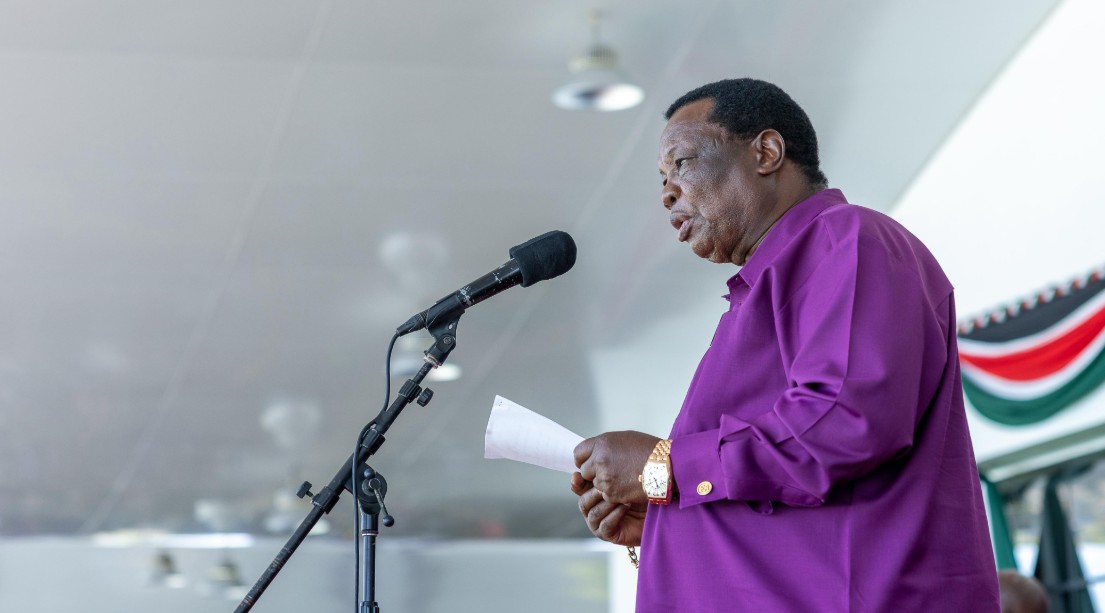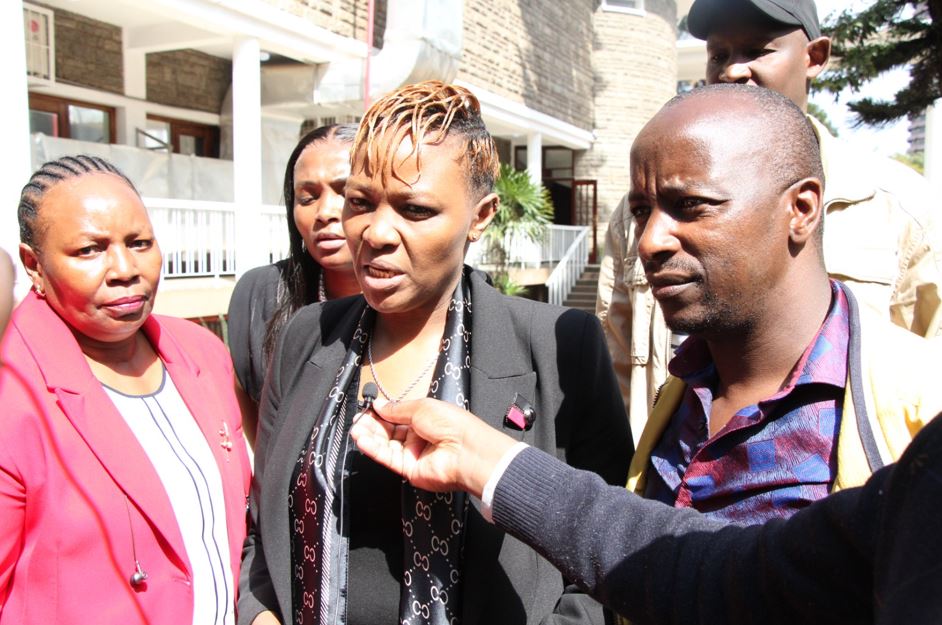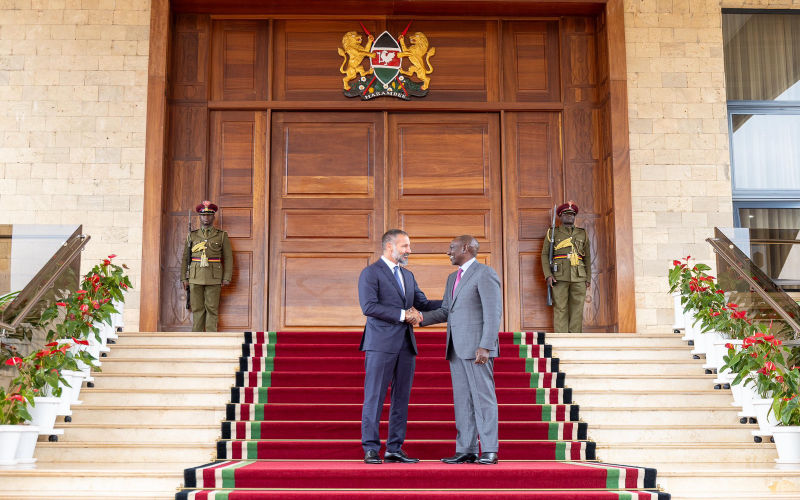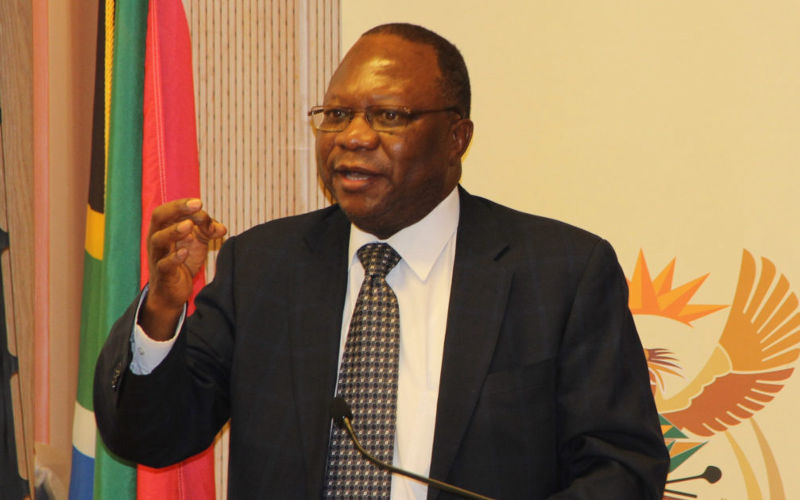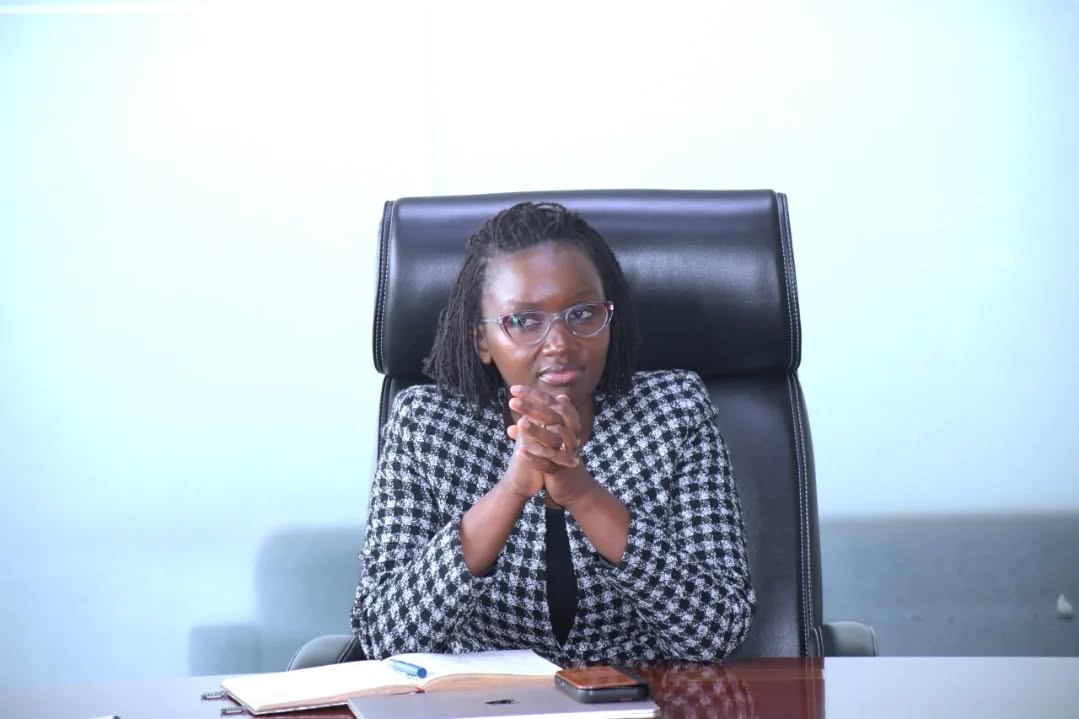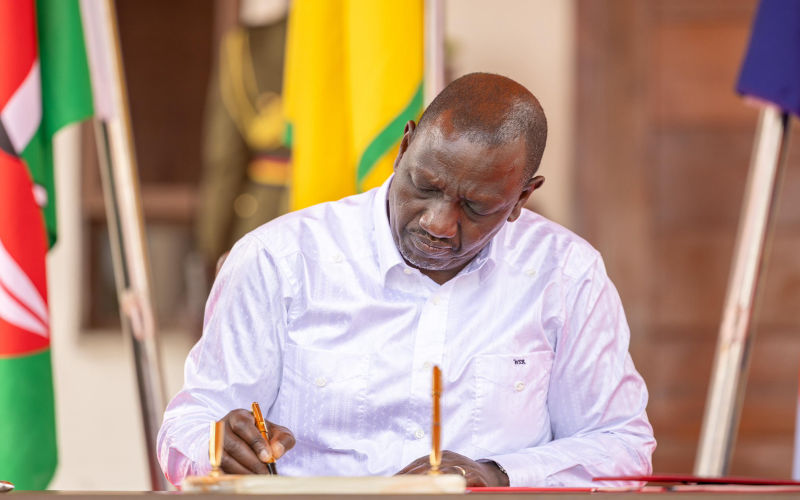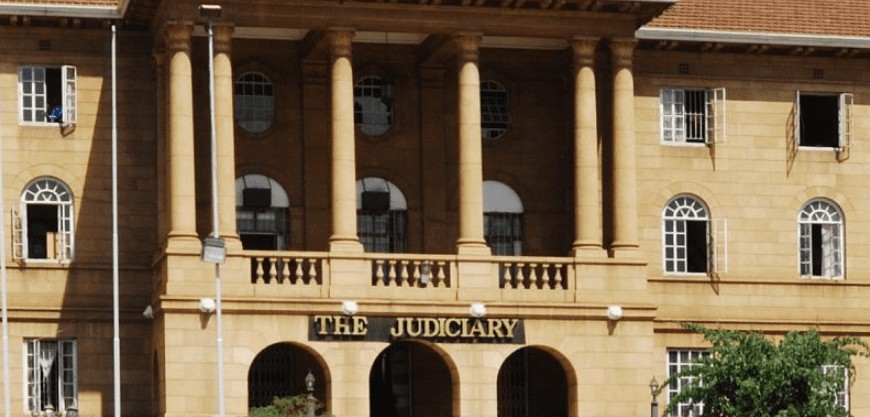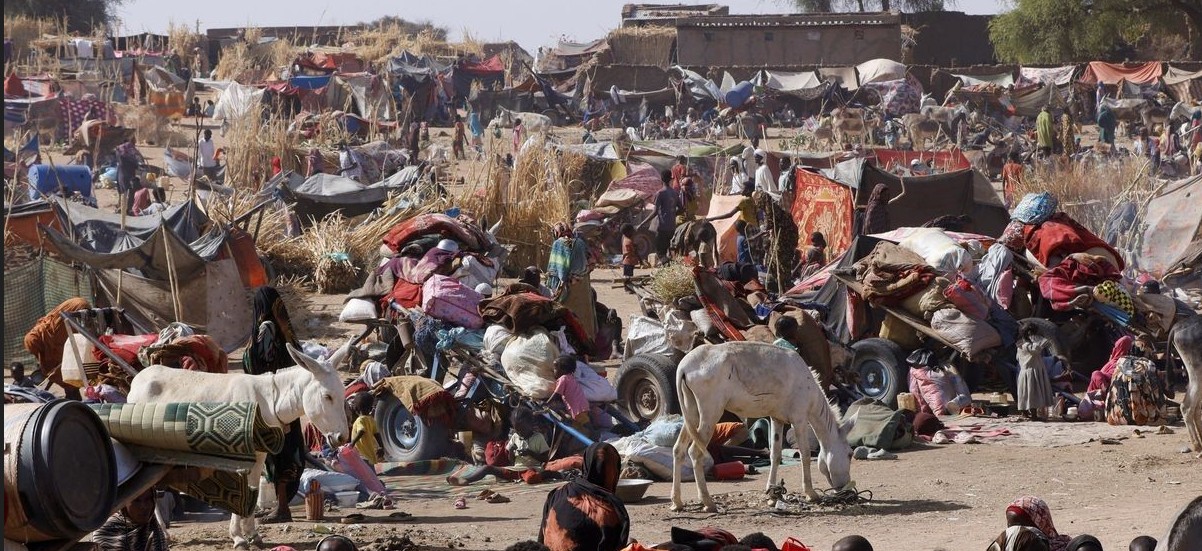Embattled Kericho Governor Erick Mutai challenges impeachment, cites manipulated vote
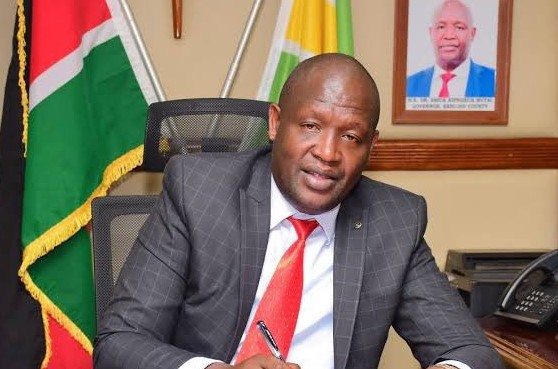
The county assembly reported that 33 of its 47 MCAs voted in favour of the ouster, exceeding the two-thirds majority needed to impeach the governor.
Kericho Governor Erick Mutai is challenging his impeachment at the Senate, raising serious concerns over the integrity of the electronic voting system used by the county assembly. The governor, who is less than three years into his first term, is scheduled for a hearing starting Wednesday.
He contends that the process that led to the motion for his removal on August 15 was manipulated and failed to meet constitutional requirements. The county assembly reported that 33 of its 47 MCAs voted in favour of the ouster, exceeding the two-thirds majority needed to impeach the governor.
More To Read
- Senate gazettes three-day special sitting for Kericho Governor Erick Mutai's impeachment trial
- Kericho Governor Erick Mutai's impeachment trial to be held in plenary next week
- Senate hears impeachment charges against Kericho Governor Erick Mutai
- Kericho Governor Eric Mutai impeached
- Kericho County Assembly sets August 15 sitting to debate Governor Erick Mutai’s ouster
- Kericho politics heat up as 35 MCAs move to impeach Governor Erick Mutai
However, Mutai, through his lawyer Katwa Kigen, has submitted affidavits from 18 MCAs who insist they did not participate in the electronic vote. These MCAs, led by Naaman Rop, claim the system was pre-programmed to register 33 “yes” votes and was not secured with proper end-to-end encryption, raising serious questions about the credibility of the process.
According to the dissenting MCAs, the use of payroll numbers and national ID cards as login credentials made it possible for outsiders to access the system and cast votes on behalf of legitimate members.
The MCAs argue that such vulnerabilities in the system make the reported vote entirely unreliable and potentially invalid.
The dissenting MCAs are demanding full disclosure of the voting process, including the names of participants, exact times of votes, and complete system logs to verify the results. They insist that without this transparency, the impeachment cannot be recognised as legitimate, warning that ignoring these irregularities would undermine the rule of law and the constitutional protections afforded to elected officials.
The affidavits submitted highlight a deep mistrust of the electronic voting system and underscore broader concerns about the assembly’s handling of the motion to remove Mutai from office.
Impeachment proceedings against Governor Mutai will be conducted in plenary after a Senate bid to form a special committee collapsed for lack of support. Parties are required to file their responses with the Clerk’s office by Monday, August 25, 2025, at 5 pm.
The Clerk will circulate all received documents, together with the plenary programme, to senators by close of business on Tuesday, August 26, 2025. The hearings are scheduled to proceed in plenary on Wednesday, August 27, Thursday, August 28, and Friday, August 29, 2025.
The impeachment motion stems from resolutions of the Kericho County Assembly on August 15, 2025. Governor Mutai faces accusations of gross violations of the Constitution, abuse of office, and multiple financial improprieties.
Among the charges is the misappropriation and misallocation of county finances, including authorising fictitious payments totalling Sh85.7 million for goods, services, and works that were either undelivered or partially completed. These payments included maintenance of 15 residential houses, undelivered agricultural inputs, and overpriced items such as sodas reportedly bought at Sh500 per bottle, tissue paper at Sh2,750 per bale, and hand towels at Sh3,600 each.
Additional allegations include Sh5.1 million paid to companies without supporting documents and instances of contractors receiving double payments from retention accounts for works completed over five years ago. Mutai is further accused of contravening procurement laws by failing to establish tender committees, neglecting to seek professional opinions, splitting contracts to avoid open tendering, and failing to conduct market surveys. These violations reportedly led to inflated pricing, prepayments for goods, and pending bills totalling Sh1.1 billion.
The governor is also accused of overseeing the misappropriation of over Sh351 million under the National Agricultural Value Chain Development Project, where funds intended for all 30 wards were diverted, benefiting only 19. Even those wards received substandard furniture and farm inputs without proper delivery documentation. Procurement was allegedly centralised and handled without transparency, violating both donor and statutory requirements.
Further charges include irregularities under the Financing Locally Led Climate Action Fund, where projects were allocated based on nepotism, disproportionately favouring the governor’s home ward of Chemosot, and the illegal launch of the Equaliser, Kazi Mtaani Initiative, financed with Sh39 million from county funds without legislative or public approval. Mutai is also accused of misappropriating funds for strategic intervention projects, including the Kunyak Dispensary, and misusing county emergency funds meant for Londiani accident victims.
Beyond financial misconduct, Mutai faces allegations of abuse of office, including nepotistic and irregular appointments, politicised public recruitment, irregular deployment of health workers, and arbitrary dismissals of senior county officials. He is accused of violating Article 73(2)(b) of the Constitution by failing to ensure decision-making in the executive office was free from corruption, nepotism, and improper influence.
Other Topics To Read
Governor Mutai is relying on his preliminary objection to challenge the legitimacy of the August 15 vote. The Senate hearing will examine both the credibility of the electronic voting system and the validity of the impeachment charges. Legal observers note that the outcome could have far-reaching implications for the conduct of future impeachments, electronic voting procedures, and governance accountability across Kenya.
Top Stories Today
